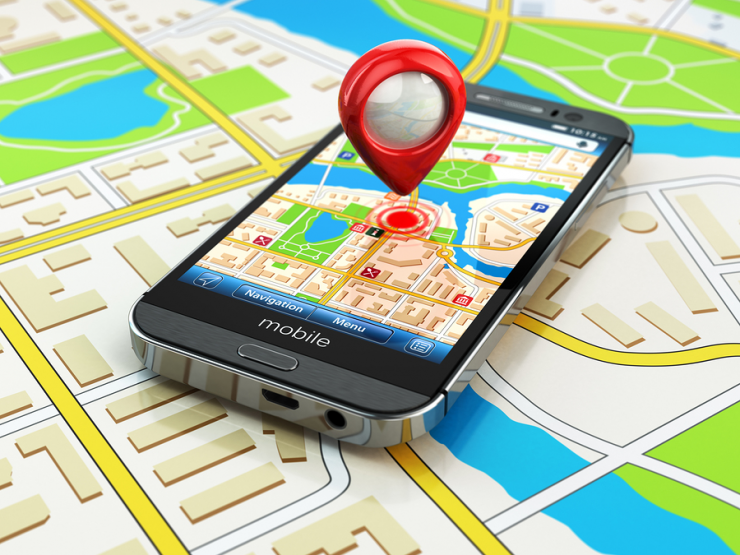Colleges in the US are reportedly testing a method of location tracking in the form of an app that is mandatory to be installed in students’ smartphones. This arrives at a time where digital privacy is a major concern globally and is already seeing backlash.
The report pointed out the University of Missouri, where students “won’t be given a choice” and are required to install SpotterEDU app. This app works via Apple’s iBeacons to broadcast a Bluetooth signal which helps in determining whether a student is actually in a room. According to a different source, however, the app is said to only be compulsory for athletes and it is “completely optional” for students. Although the fact of its mere existence is more questionable to many.

SpotterEDU is currently being tested in a number of different educational bodies including 40 schools as well, according to the founder Rick Carter, also a former college basketball coach which explains its target audience being athletes. Even though US universities’ have stated that it does not include GPS tracking other reports suggest that students can willingly offer GPS coordinates if they choose to do so.
Editor’s Pick: Indian Railways will use Facial Recognition technology despite Privacy Concerns being raised
Similarly, another firm called Degree Analytics, which is a startup, uses Wi-FI signals instead of Bluetooth and is already employed in 19 schools. Another example is FanMaker that provides “loyalty points” to students that stay longer to watch college sports games at the stadium, implemented in 40 schools. This all has led to a stream of criticism and has seen people draw similarities to a digital authoritarian rule that may occur in the future.

The last line is probably a bit of a stretch but it has concerned individuals from digital privacy fields that have also run case studies against Chinese educational bodies that feature a similar tracking method. As of right now, the systems in place do not sound too pervasive and are technically unavoidable but it does seem to suggest that tracking students is a common thing now. What its future ramifications are, that remains to be seen.
UP NEXT: China’s top delivery firm offers contact-free meal delivery across China to combat Coronavirus
(Via)







